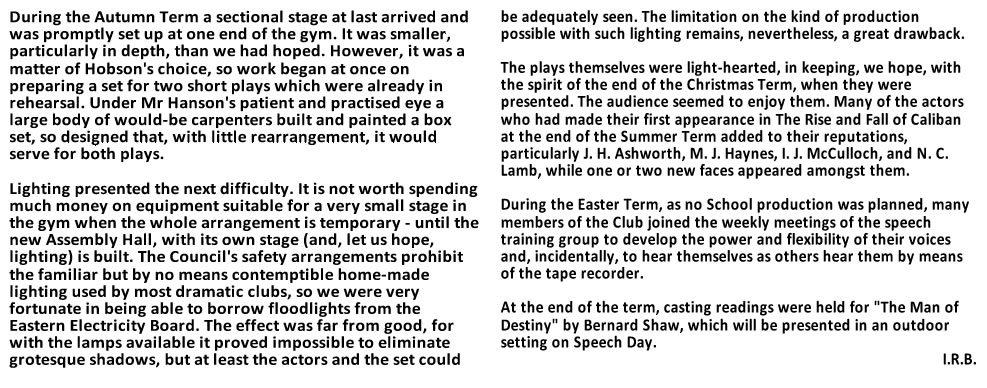|
|||||||||||||
|
|||||||||||||
(Chris Snuggs - April 2019)
PS I am always on the lookout for more material! Many productions are well covered, but others not at all. Do rummage through your cupboards and drawers to see what could be added - post 1977 material is a particular unknown. AND of course pls advise me of errors or omissions. DISQUS comments can be added at the top of this page.
X 75 X |
|
X 71 X |
|
59 -Spr |
59-Aut |
58-Spr |
58-Aut |
57-Aut |
|
56-Aut |
|
54-Aut |
|
X 75 X |
|
X 71 X |
|
59 -Spr |
59-Aut |
58-Spr |
58-Aut |
57-Aut |
|
56-Aut |
|
54-Aut |
|
X 75 X |
|
X 71 X |
|
59 -Spr |
59-Aut |
58-Spr |
58-Aut |
57-Aut |
|
56-Aut |
|
54-Aut |
|
X 75 X |
|
X 71 X |
|
59 -Spr |
59-Aut |
58-Spr |
58-Aut |
57-Aut |
|
56-Aut |
|
54-Aut |
|
X 75 X |
|
X 71 X |
|
59 -Spr |
59-Aut |
58-Spr |
58-Aut |
57-Aut |
|
56-Aut |
|
54-Aut |
|
X 75 X |
|
X 71 X |
|
59 -Spr |
59-Aut |
58-Spr |
58-Aut |
57-Aut |
|
56-Aut |
|
54-Aut |
|
X 75 X |
|
X 71 X |
|
59 -Spr |
59-Aut |
58-Spr |
58-Aut |
57-Aut |
|
56-Aut |
|
54-Aut |
|
X 75 X |
|
X 71 X |
|
59 -Spr |
59-Aut |
58-Spr |
58-Aut |
57-Aut |
|
56-Aut |
|
54-Aut |
|
X 75 X |
|
X 71 X |
|
59 -Spr |
59-Aut |
58-Spr |
58-Aut |
57-Aut |
|
56-Aut |
|
54-Aut |
|
X 75 X |
|
X 71 X |
|
59 -Spr |
59-Aut |
58-Spr |
58-Aut |
57-Aut |
|
56-Aut |
|
54-Aut |
|
X 75 X |
|
X 71 X |
|
59 -Spr |
59-Aut |
58-Spr |
58-Aut |
57-Aut |
|
56-Aut |
|
54-Aut |
|
X 75 X |
|
X 71 X |
|
59 -Spr |
59-Aut |
58-Spr |
58-Aut |
57-Aut |
|
56-Aut |
|
54-Aut |
|
X 75 X |
|
X 71 X |
|
59 -Spr |
59-Aut |
58-Spr |
58-Aut |
57-Aut |
|
56-Aut |
|
54-Aut |
|
X 75 X |
|
X 71 X |
|
59 -Spr |
59-Aut |
58-Spr |
58-Aut |
57-Aut |
|
56-Aut |
|
54-Aut |
|
X 75 X |
|
X 71 X |
|
59 -Spr |
59-Aut |
58-Spr |
58-Aut |
57-Aut |
|
56-Aut |
|
54-Aut |
|
X 75 X |
|
X 71 X |
|
59 -Spr |
59-Aut |
58-Spr |
58-Aut |
57-Aut |
|
56-Aut |
|
54-Aut |
|
X 75 X |
|
X 71 X |
|
59 -Spr |
59-Aut |
58-Spr |
58-Aut |
57-Aut |
|
56-Aut |
|
54-Aut |
|
X 75 X |
|
X 71 X |
|
59 -Spr |
59-Aut |
58-Spr |
58-Aut |
57-Aut |
|
56-Aut |
|
54-Aut |
|
X 75 X |
|
X 71 X |
|
59 -Spr |
59-Aut |
58-Spr |
58-Aut |
57-Aut |
|
56-Aut |
|
54-Aut |
|
X 75 X |
|
X 71 X |
|
59 -Spr |
59-Aut |
58-Spr |
58-Aut |
57-Aut |
|
56-Aut |
|
54-Aut |
|
X 75 X |
|
X 71 X |
|
59 -Spr |
59-Aut |
58-Spr |
58-Aut |
57-Aut |
|
56-Aut |
|
54-Aut |
|
X 75 X |
|
X 71 X |
|
59 -Spr |
59-Aut |
58-Spr |
58-Aut |
57-Aut |
|
56-Aut |
|
54-Aut |
|
X 75 X |
|
X 71 X |
|
59 -Spr |
59-Aut |
58-Spr |
58-Aut |
57-Aut |
|
56-Aut |
|
54-Aut |
|
X 75 X |
|
X 71 X |
|
59 -Spr |
59-Aut |
58-Spr |
58-Aut |
57-Aut |
|
56-Aut |
|
54-Aut |
|
X 75 X |
|
X 71 X |
|
59 -Spr |
59-Aut |
58-Spr |
58-Aut |
57-Aut |
|
56-Aut |
|
54-Aut |
|
X 75 X |
|
X 71 X |
|
59 -Spr |
59-Aut |
58-Spr |
58-Aut |
57-Aut |
|
56-Aut |
|
54-Aut |
|
X 75 X |
|
X 71 X |
|
59 -Spr |
59-Aut |
58-Spr |
58-Aut |
57-Aut |
|
56-Aut |
|
54-Aut |
|
X 75 X |
|
X 71 X |
|
59 -Spr |
59-Aut |
58-Spr |
58-Aut |
57-Aut |
|
56-Aut |
|
54-Aut |
|
X 75 X |
|
X 71 X |
|
59 -Spr |
59-Aut |
58-Spr |
58-Aut |
57-Aut |
|
56-Aut |
|
54-Aut |
|
X 75 X |
|
X 71 X |
|
59 -Spr |
59-Aut |
58-Spr |
58-Aut |
57-Aut |
|
56-Aut |
|
54-Aut |
|
X 75 X |
|
X 71 X |
|
59 -Spr |
59-Aut |
58-Spr |
58-Aut |
57-Aut |
|
56-Aut |
|
54-Aut |
|
X 75 X |
|
X 71 X |
|
59 -Spr |
59-Aut |
58-Spr |
58-Aut |
57-Aut |
|
56-Aut |
|
54-Aut |
|
X 75 X |
|
X 71 X |
|
59 -Spr |
59-Aut |
58-Spr |
58-Aut |
57-Aut |
|
56-Aut |
|
54-Aut |
|
X 75 X |
|
X 71 X |
|
59 -Spr |
59-Aut |
58-Spr |
58-Aut |
57-Aut |
|
56-Aut |
|
54-Aut |
|
X 76 X |
|
X 75 X |
|
X 71 X |
|
59 -Spr |
59-Aut |
58-Spr |
58-Aut |
57-Aut |
|
56-Aut |
|
54-Aut |
|
X 75 X |
|
X 71 X |
|
59 -Spr |
59-Aut |
58-Spr |
58-Aut |
57-Aut |
|
56-Aut |
|
54-Aut |
|
X 75 X |
|
X 71 X |
|
59 -Spr |
59-Aut |
58-Spr |
58-Aut |
57-Aut |
|
56-Aut |
|
54-Aut |
|
X 75 X |
|
X 71 X |
|
59 -Spr |
59-Aut |
58-Spr |
58-Aut |
57-Aut |
|
56-Aut |
|
54-Aut |
|
X 75 X |
|
X 71 X |
|
59 -Spr |
59-Aut |
58-Spr |
58-Aut |
57-Aut |
|
56-Aut |
|
54-Aut |
|
X 75 X |
|
X 71 X |
|
59 -Spr |
59-Aut |
58-Spr |
58-Aut |
57-Aut |
|
56-Aut |
|
54-Aut |
|
X 75 X |
|
X 71 X |
|
59 -Spr |
59-Aut |
58-Spr |
58-Aut |
57-Aut |
|
56-Aut |
|
54-Aut |
|
|
|
|
|
|
 |
|
 |
|
 |
|
 |
|
NO DRAMA ENTRIES |
|
|
 |
||||||
|
 |
|
NO DRAMA ENTRIES |
 |
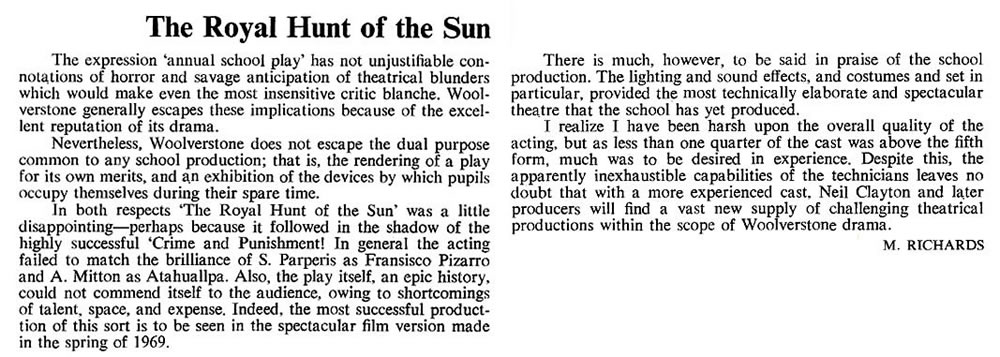 |
|
 |
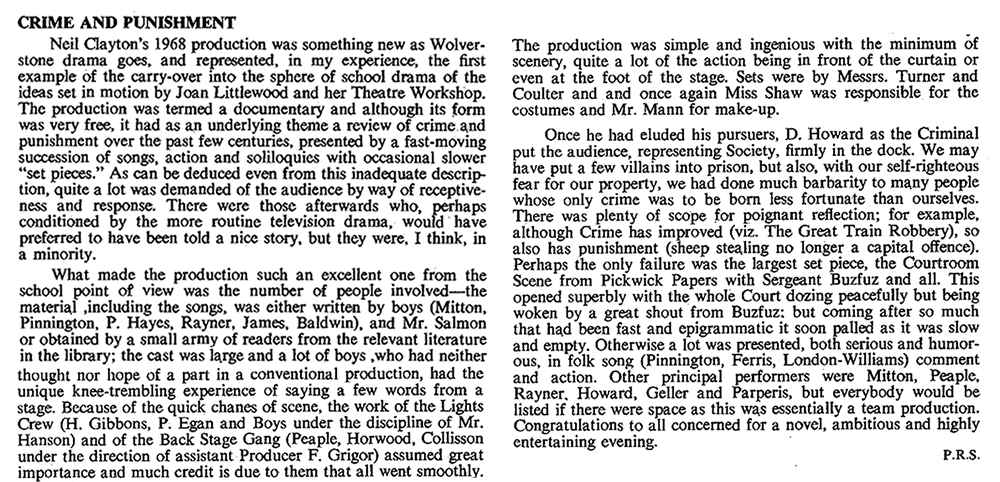  |
|
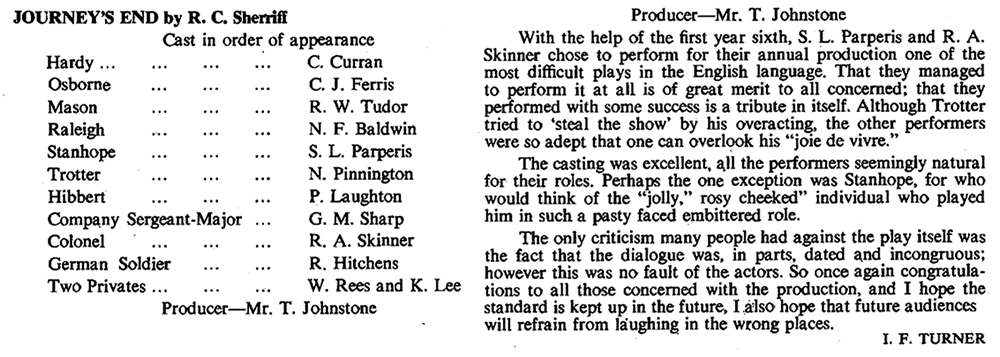 |
||||
|
|||||
 |
|  |
|
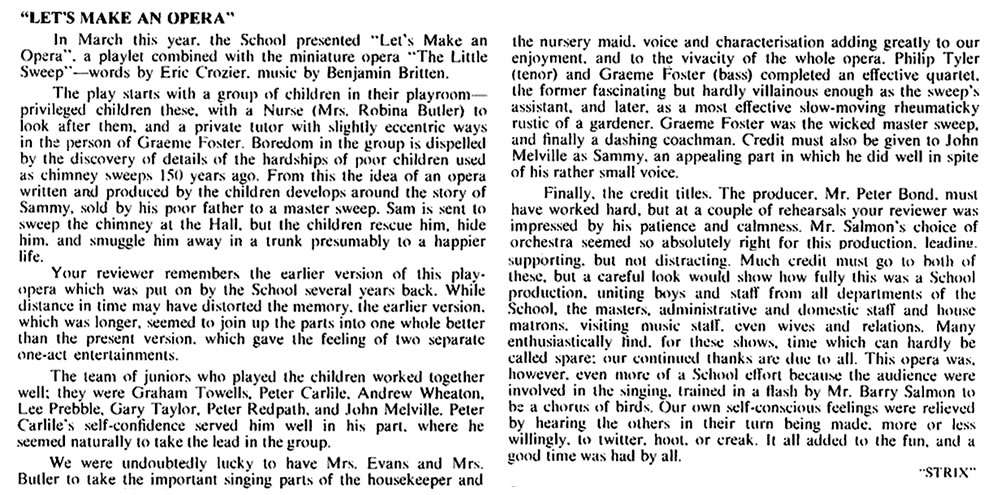 |
|
 |
|
 |
|
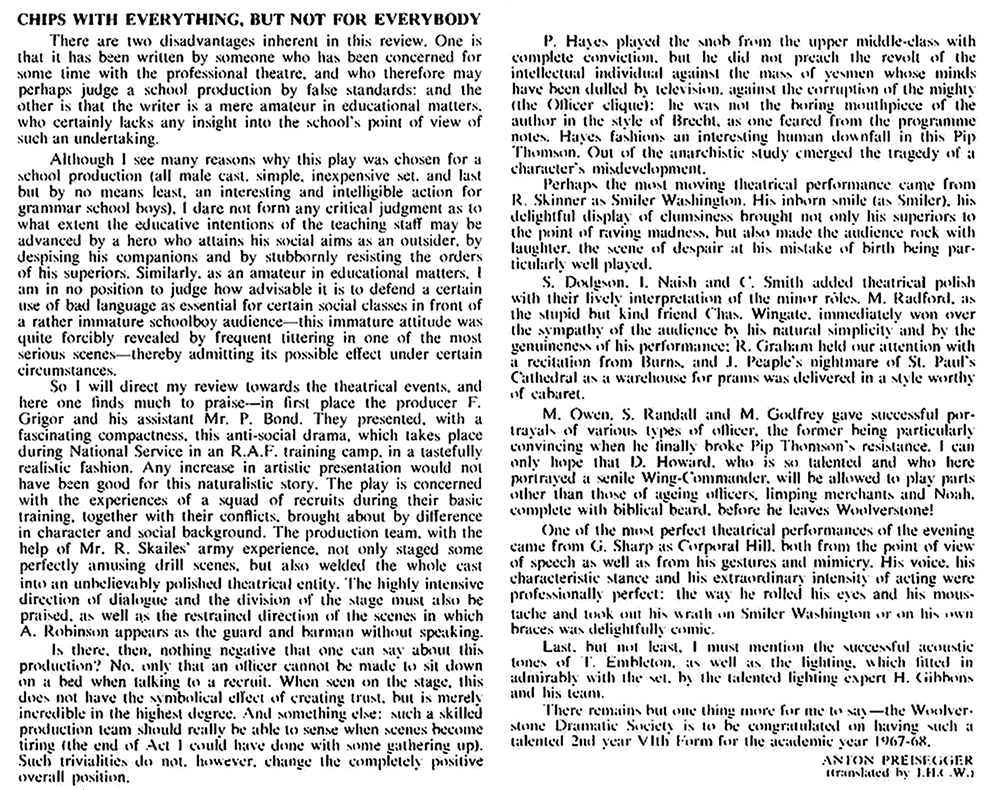 |
 |
|
 |
|
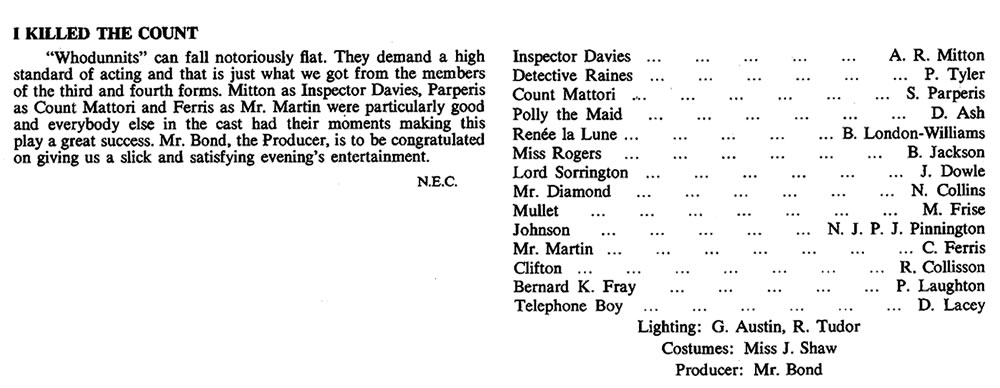 |
|
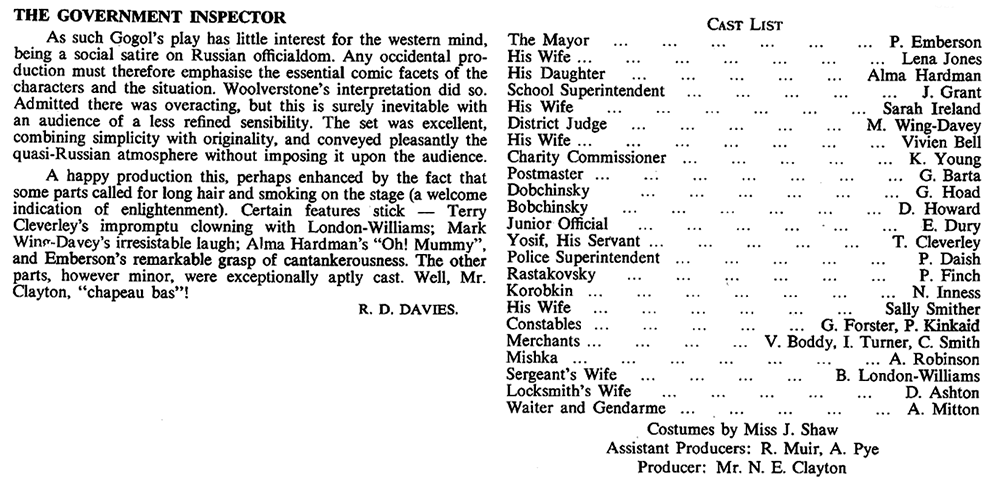 |
|
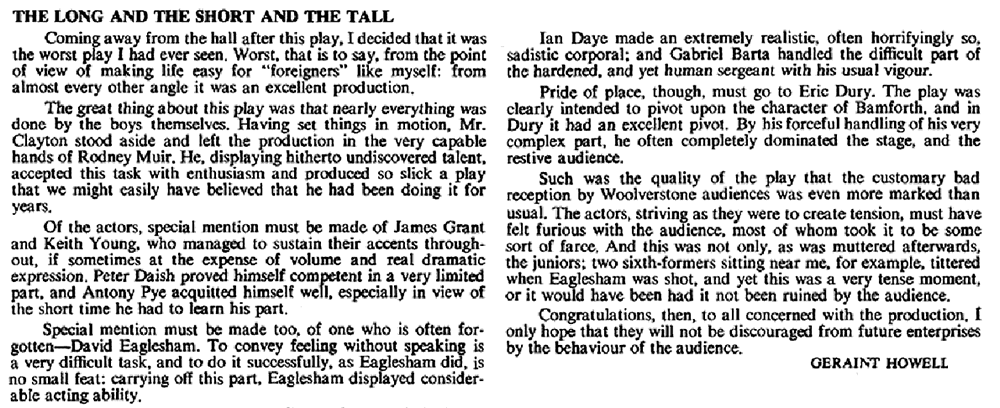 |
|
 |
|
 |
|
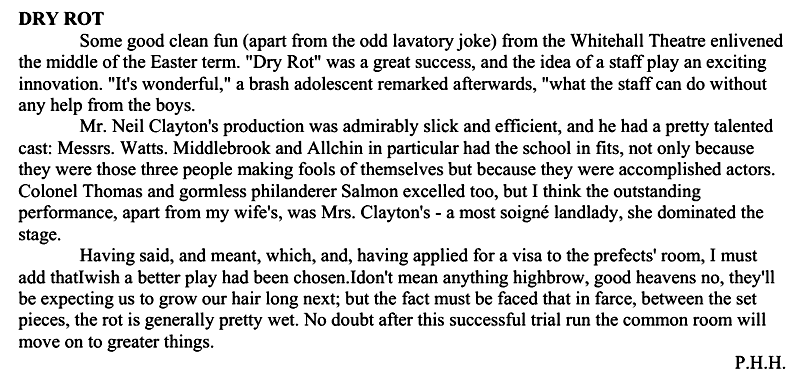 |
|
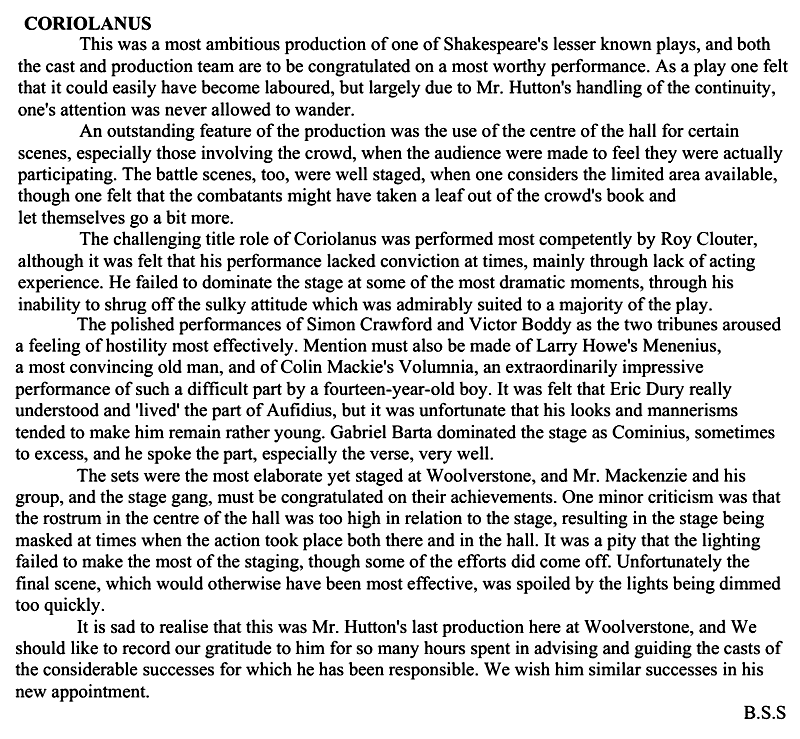 |
|
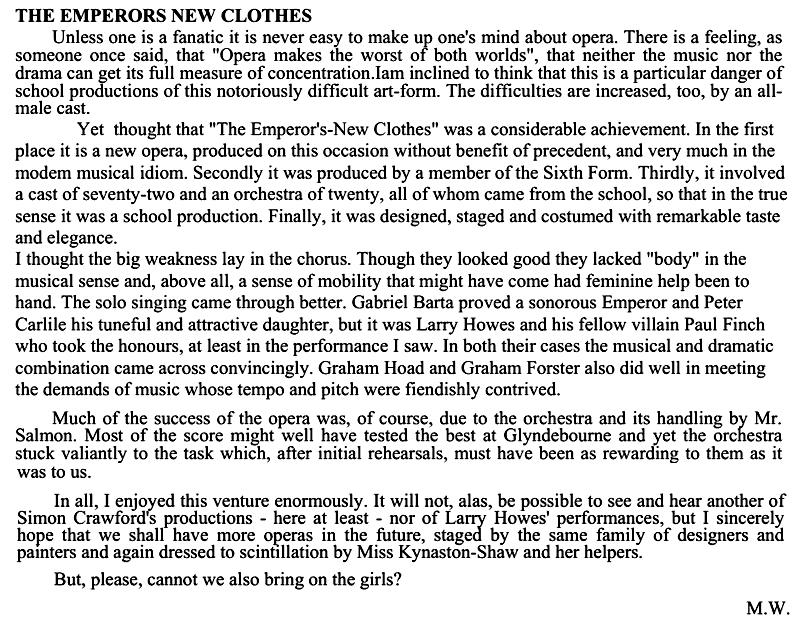 |
|
 |
|
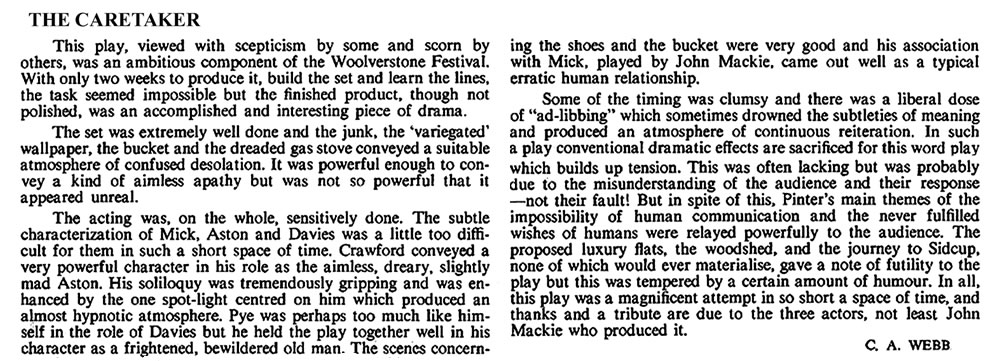 |
|
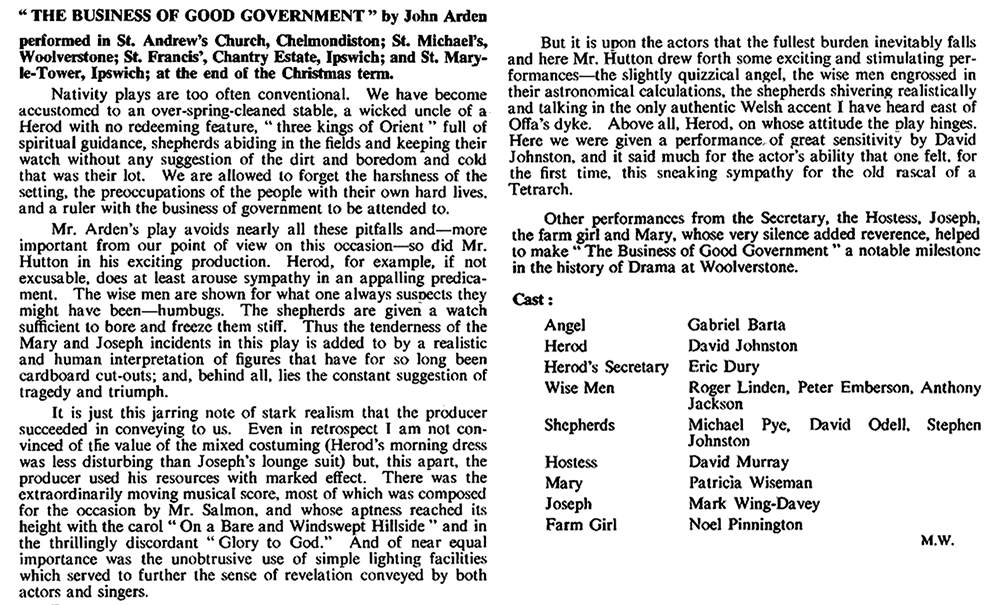 |
|
 |
|
 |
|
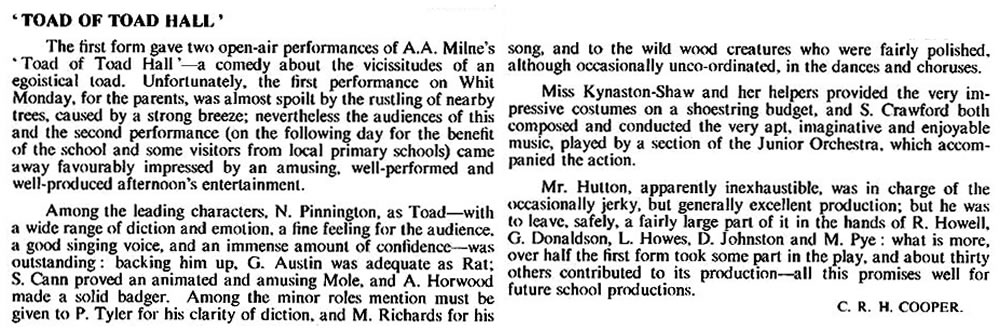 |
|
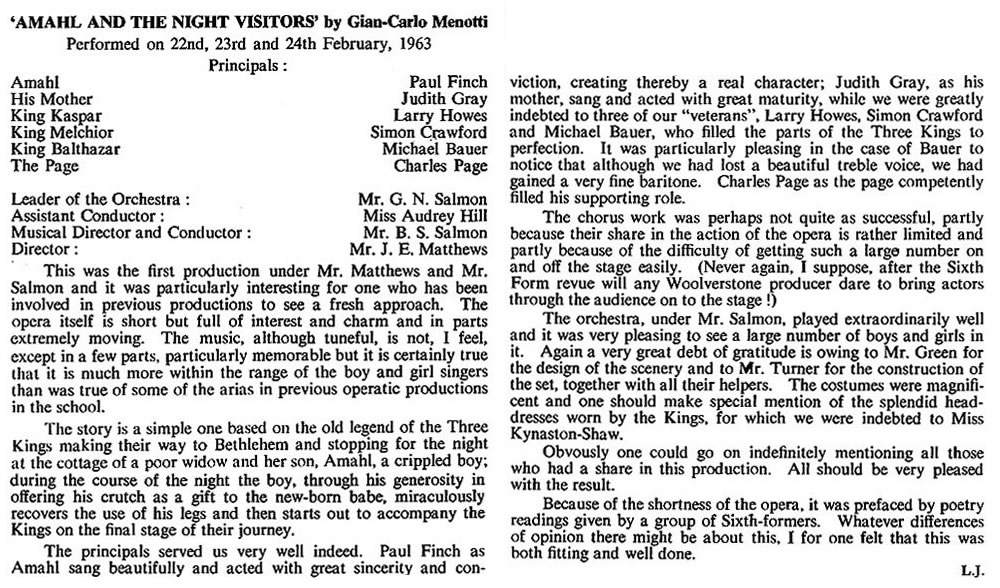 |
|
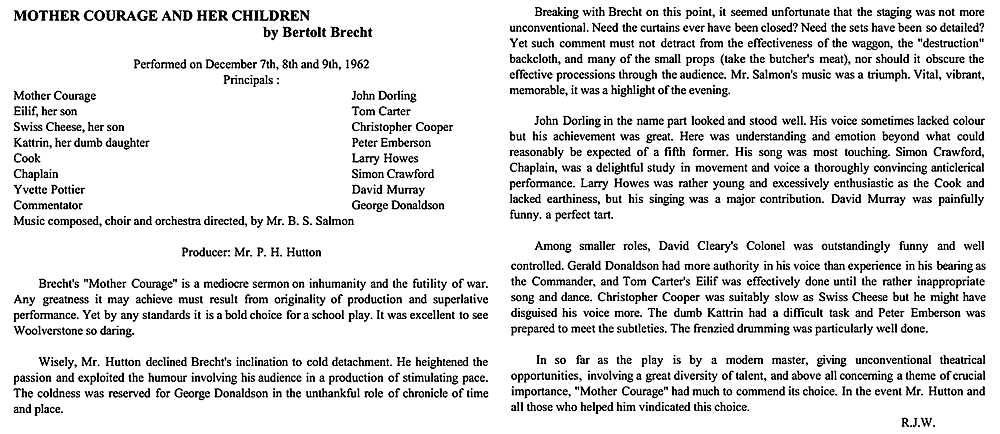 |
|
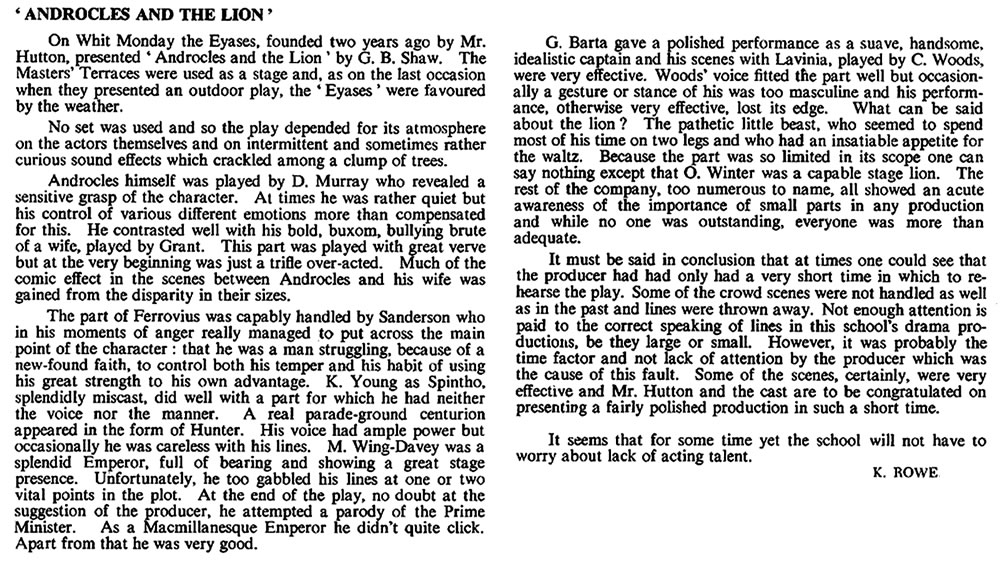 |
|
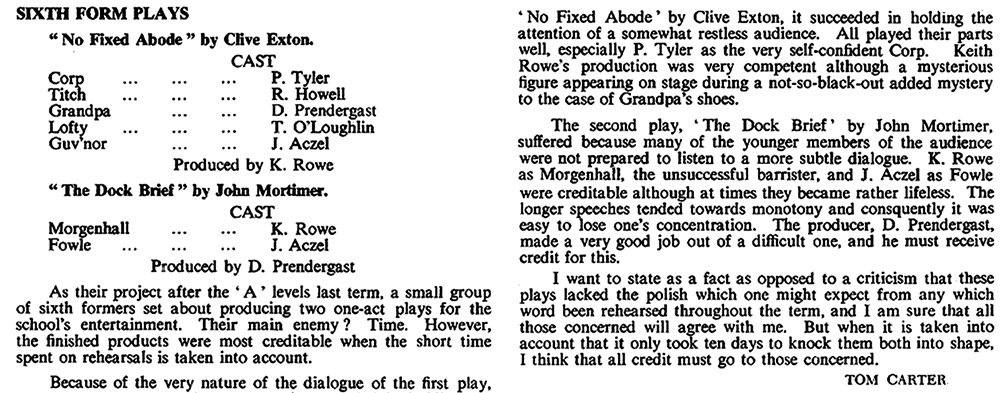 |
|
 |
|
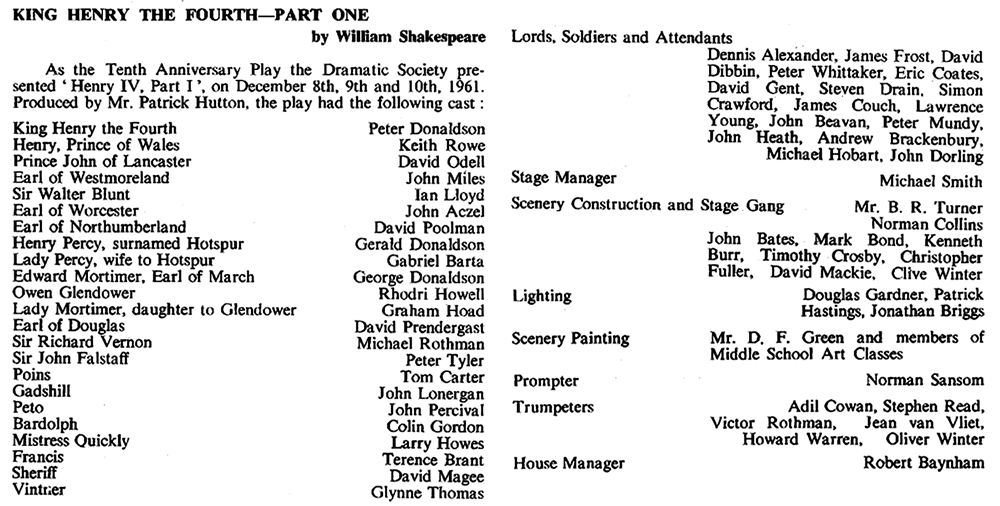 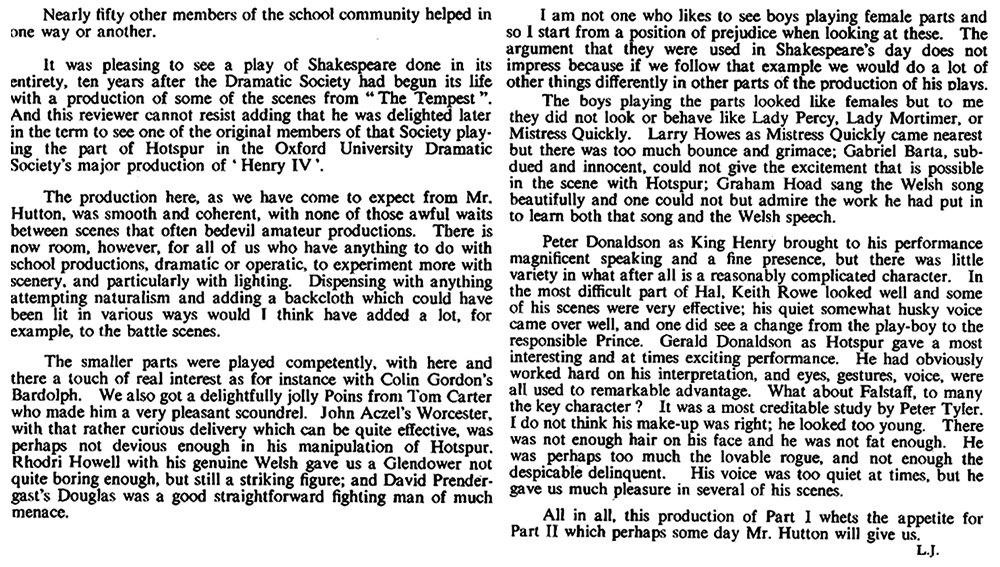 |
|
 |
|
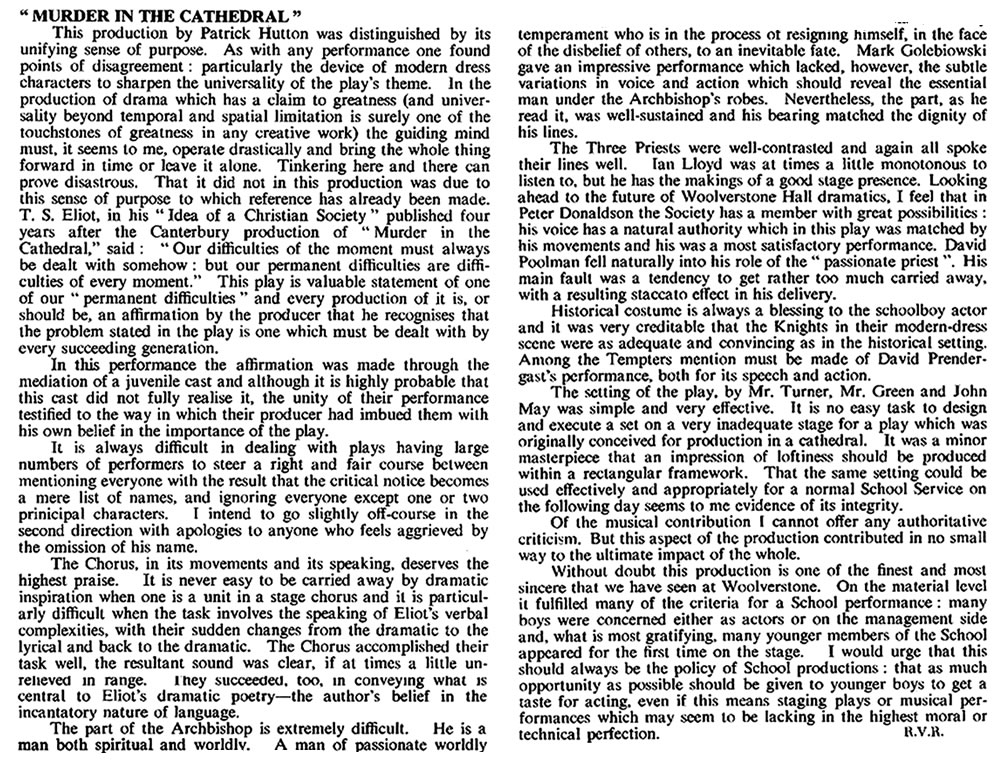 |
|
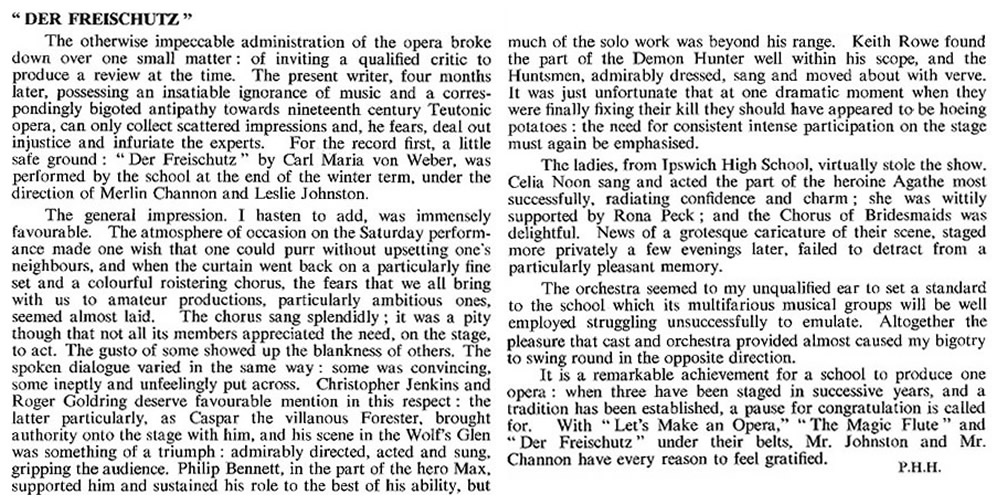 |
|
 |
|
 |
|
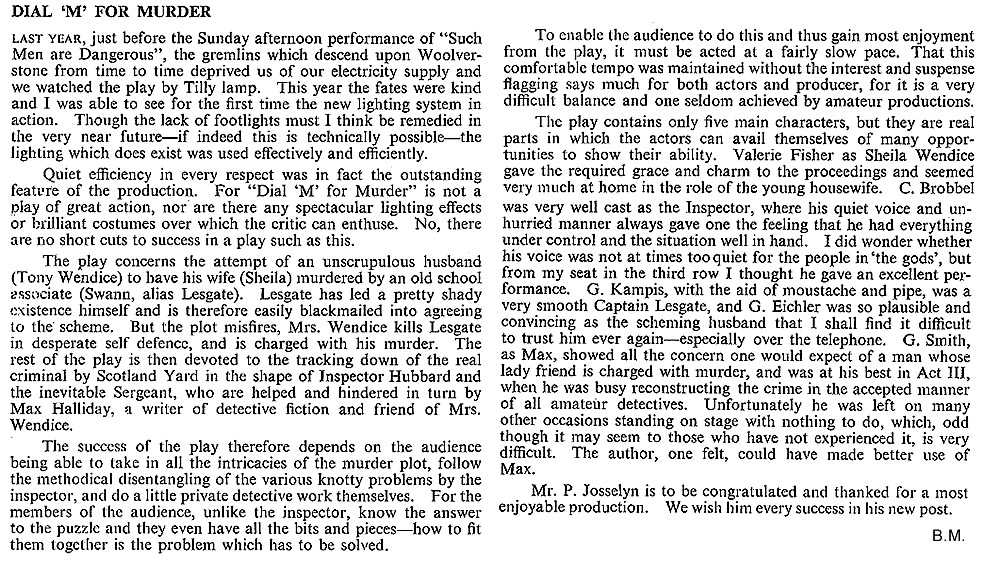 |
|
|
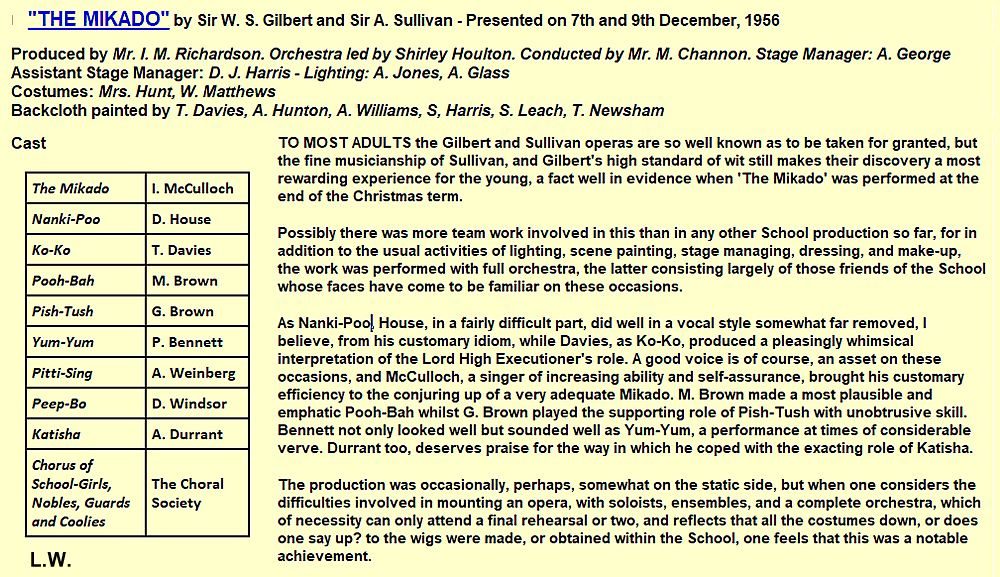 |
|
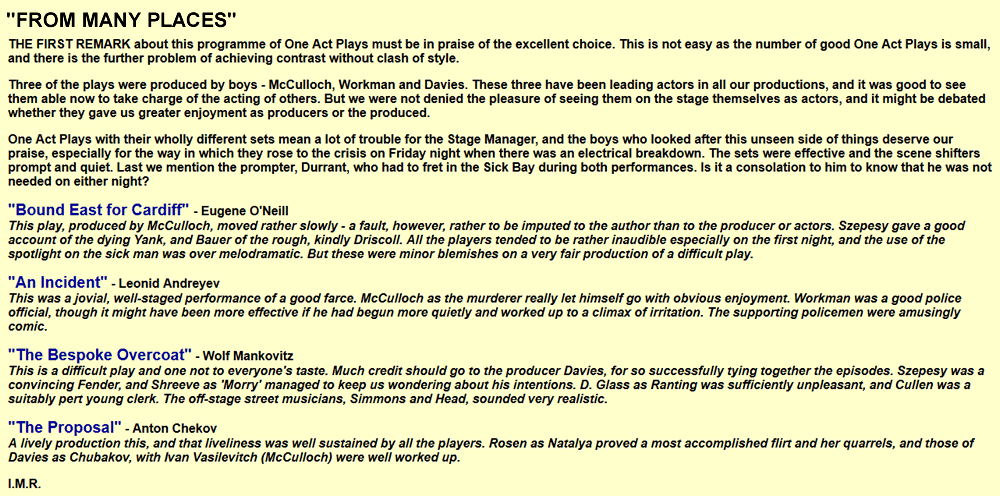 |
|
NO DRAMA ENTRIES |
|
|
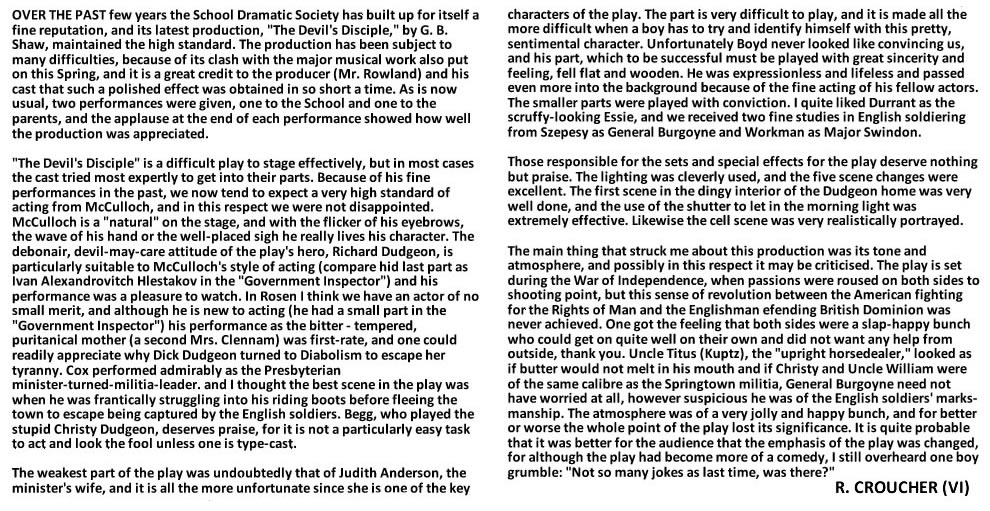 |
|
|
|
|
|||||||||||||||||||||||||||||||||||||||||||||||||||||||||||||
|
NO DRAMA ENTRIES |
Sp 1954 |
|
|
|
|
|
|
|||
|
 |
|
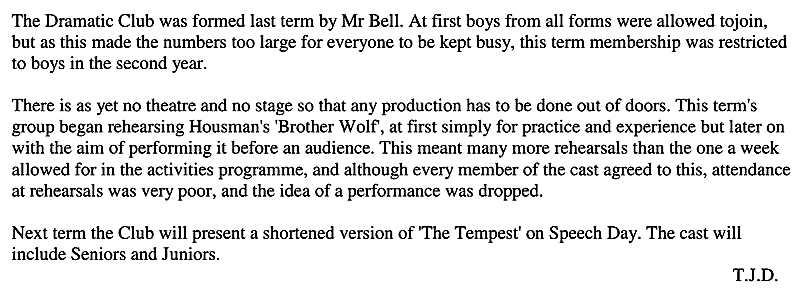 |

